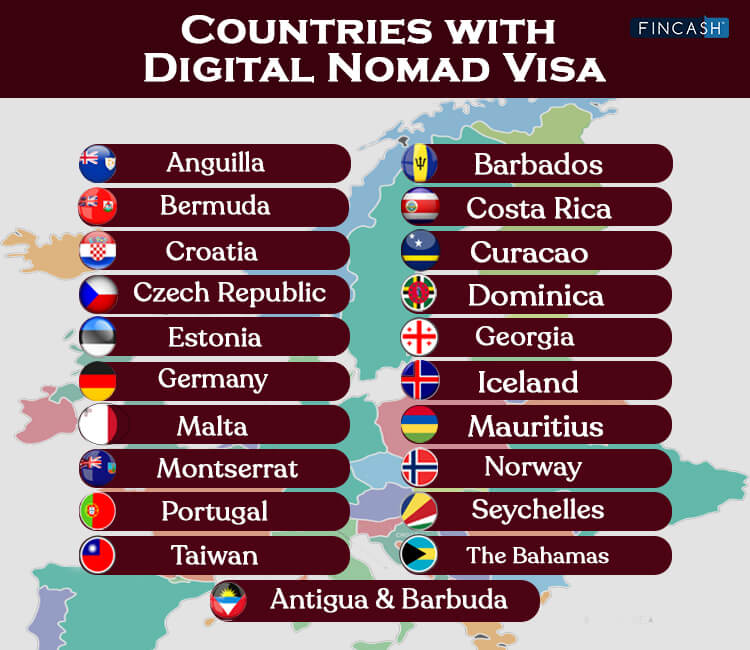
Table of Contents
What is a Permanent Visa?
A Permanent Resident Visa, often called a PR Visa, provides a unique opportunity for individuals to travel to a foreign nation, reside there for a specific period, and eventually seek citizenship. In some countries, obtaining a PR Visa can be a stepping stone towards full citizenship rights. This visa offers a sense of security during one's stay. It provides various benefits that temporary visa holders may not enjoy, except certain political rights like voting or holding government positions.

The core of this concept lies in the "Permanent Resident card" or "green card." This card, issued by U.S. Citizenship and Immigration Services (USCIS), contains an individual's biographic details, photo, fingerprint, and expiration date. It grants holders the right to live and work in the United States indefinitely.
How to Obtain Permanent Residency?
Gaining a Permanent Residency involves navigating an application process, which varies significantly between countries. Each country has unique immigration criteria and programs designed to select applicants for PR Visas. These programs encompass various categories, such as skill-based, points-based, family sponsorship, employer sponsorship, and business and investment. Most PR Visa options extend eligibility to the applicant's spouse and children, with the possibility of converting the PR Visa into full citizenship. The appeal of Permanent Residency often arises from the benefits it confers, including access to free education for children, healthcare coverage, retirement benefits, and visa-free travel.
Talk to our investment specialist
The Significance of Permanent Residency in a Globalised World
Today, many individuals seek opportunities to study and work abroad, necessitating visas for limited durations that must be periodically renewed. It can be a cumbersome process. In such scenarios, Permanent Residency emerges as an attractive alternative. PR Visa holders can establish a permanent presence in their host country while retaining their original citizenship. They enjoy rights like citizens, except for voting or seeking government positions. Legal residency permits individuals to live in the country for a specified period, making them lawful inhabitants. Permanent Residents typically become eligible to apply for full citizenship after a specific duration of lawful residence.
Benefits of Permanent Residency
Permanent Residents enjoy a wide Range of rights, as stipulated by immigration laws and regulations, including:
Permanent Residence: The right to reside permanently in the host country, contingent upon adherence to immigration laws
Employment Opportunities: The freedom to engage in legal employment in the host country based on qualifications and preferences
Legal Protections: Protection under the laws of the host country, as well as those of the individual's state of residence and local jurisdictions
Participation in Local Elections: Eligibility to vote in local elections where United States citizenship is not mandatory
Distinguishing Citizens from Permanent Residents
It is essential to differentiate between citizenship and Permanent Residency, as they occupy distinct positions within a country's immigration framework. Permanent Residency serves as a precursor for individuals seeking citizenship, marking the initial step towards lawful and orderly progression.
Key distinctions between Permanent Residency and citizenship include:
Voting Rights: Citizens possess the fundamental right to vote in national and local elections, a privilege not extended to Permanent Residents
Passport: Citizens are recognised as valid passport holders of their host nation, while Permanent Residents may retain their original country's passport
Deportation: In specific circumstances, Permanent Residents may face deportation to their home country, whereas citizens are generally not subject to deportation
Family Sponsorship: Citizens face no visa quota constraints when bringing their families into the host nation, whereas Permanent Residents may encounter certain limitations
Conclusion
The Permanent Visa, or Permanent Residency, plays a pivotal role. These visas are the foundation upon which nations build their economic structures, fostering innovation, driving job creation, and attracting essential Capital investments. As the dynamics of global finance continue to evolve, Permanent Residency emerges as a critical instrument in the strategic allocation of human and financial resources. It enables nations to adapt, flourish, and perpetuate sustained Economic Growth and prosperity cycle in an interconnected world.
All efforts have been made to ensure the information provided here is accurate. However, no guarantees are made regarding correctness of data. Please verify with scheme information document before making any investment.












